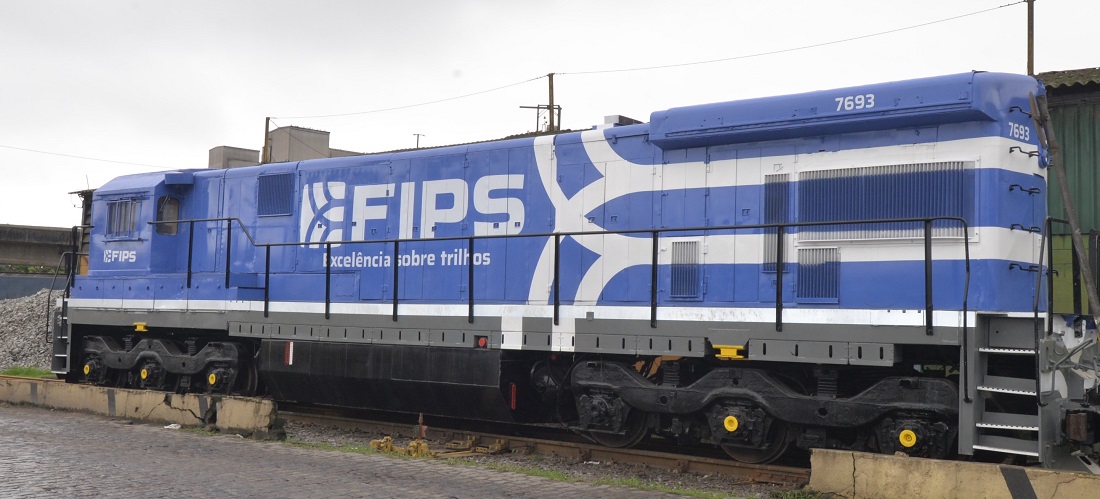
Port of Santos Internal Railway Contract Commences with Major Expansion Plans
Oct, 04, 2023 Posted by Gabriel MalheirosWeek 202339
On Tuesday (03), the President of the Port Authority of Santos, Anderson Pomini, and the managers of the Internal Railway of the Port of Santos (Fips) attended the ceremony that marked the start of the transitional period for the transfer of the contract of the Port of Santos’ railway network and all the legally binding commitments it entails.
“The railway capacity of the Port of Santos complex is nearing saturation, with a 94% utilization rate, making its expansion essential for meeting the goal of doubling cargo throughput in the next 5 to 10 years. Currently, the railway capacity of the port complex is 50 million tonnes per year and needs to reach 115 million tonnes to accommodate the cargo inflow from the railway lines that make it to the Port of Santos,” explains the President of the Port Authority of Santos (APS), Anderson Pomini.
The new lessee’s administration, which involves Ferrovia Centro Atlântica (VLI), MRS Logística S/A, and Rumo S/A, commenced on Sunday (01). The railway system is critical for future cargo movement in the Port of Santos, and the Fips lessee will be responsible for managing, operating, maintaining, and expanding the railway within the port for 35 years. They must invest a minimum of R$1 billion over a five-year period to expand local railway capacity.
The works will begin immediately after the approval of the executive projects, with the main interventions being:
- A railway yard between Canal 4 and Ponta da Praia, equipped with three railway tracks to serve pulp terminals.
- Viaducts to stop level crossings in the Canal 4-Marinha region.
- Pedestrian walkways between Canal 4 and Ponta da Praia.
- A balloon loop, two viaducts, and a pedestrian walkway in the Outeirinhos region.
- A new road at the 2nd entrance on the right bank of the Port of Santos in Saboó.
The current form of associative contract is a Port of Santos Internal Railway innovation; it involves different companies joining forces to engage in cooperative management based on administrative and operational self-regulation, cost sharing, and no-profit motives. The lessee will hold public calls every six months for the duration of the contract to ensure the entry of new associates.
-
Trade Regulations
Jul, 05, 2019
0
Trump and Bolsonaro to study Mercosur-US agreement
-
Ports and Terminals
Dec, 27, 2019
0
Port of Pecem triples amount of wind blades moved in 2019
-
Trade Regulations
Nov, 22, 2021
0
Cutrale suspends exports of Brazilian OJ to the US
-
Ports and Terminals
Jan, 23, 2024
0
Uruguay’s Terminal Cuenca del Plata See 1st Call of ZIM Gulf Toucan Service


